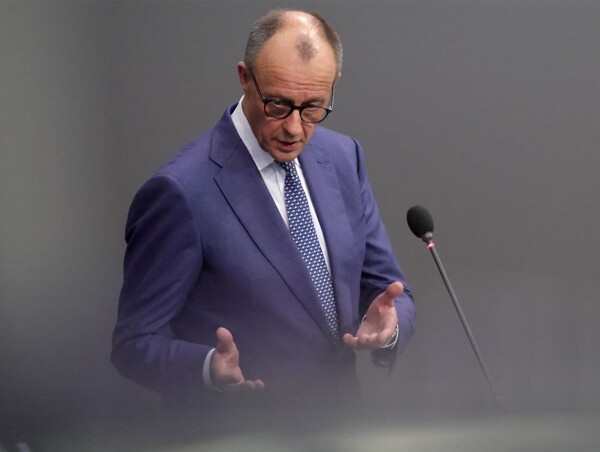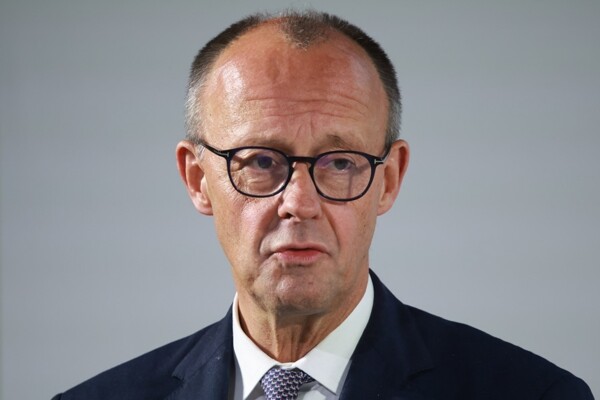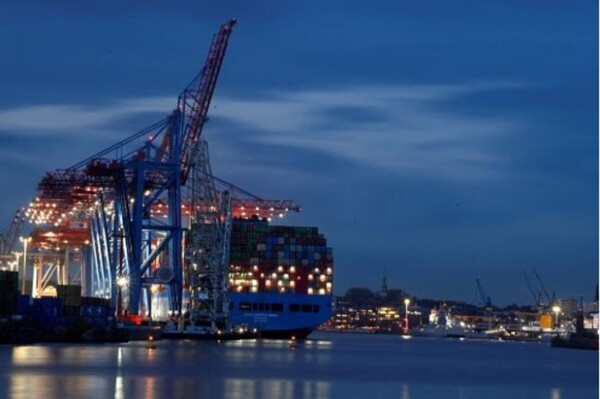
German Chancellor Olaf Scholz is facing a complicated economic situation due to discrepancies within the governing coalition. The three parties that make it up seem to be at odds with each other, proposing different strategies to tackle the crisis. It has been predicted that the German Gross Domestic Product (GDP) will not experience growth next year, marking three consecutive years of economic stagnation.
Martin Wansleben, managing director of the Association of German Chambers of Industry and Commerce (DIHK), expressed his concern when presenting the report, indicating that the current outlook is not optimistic. The DIHK estimates a contraction of 0.2% for this year and stagnation in 2025. Scholz has called a meeting with representatives of economic organizations and unions to address the situation.
In the midst of this situation, Christian Lindner, Minister of Finance and president of the Liberal Party (FDP), convened a meeting with organizations not represented in the meeting with the chancellor. On the other hand, Vice Chancellor and Minister of Economy Robert Habeck proposed the creation of an investment fund without consulting Scholz or Lindner beforehand.
The atmosphere in the coalition is described as "disorganized," with divergent positions on how to address the economic crisis. Different actors advocate for opposing approaches, ranging from cuts to investments in infrastructure modernization. The decision on the budgets will be key, as it will determine the future of the coalition.
The possibility of a coalition breakup and the calling of early elections looms if an agreement is not reached. Political parties are facing a decline in polls, particularly the liberals, who could fall below the threshold necessary for parliamentary representation. Uncertainty reigns in the German political landscape as solutions are sought to address a crisis that is perceived not only as cyclical but also structural.














